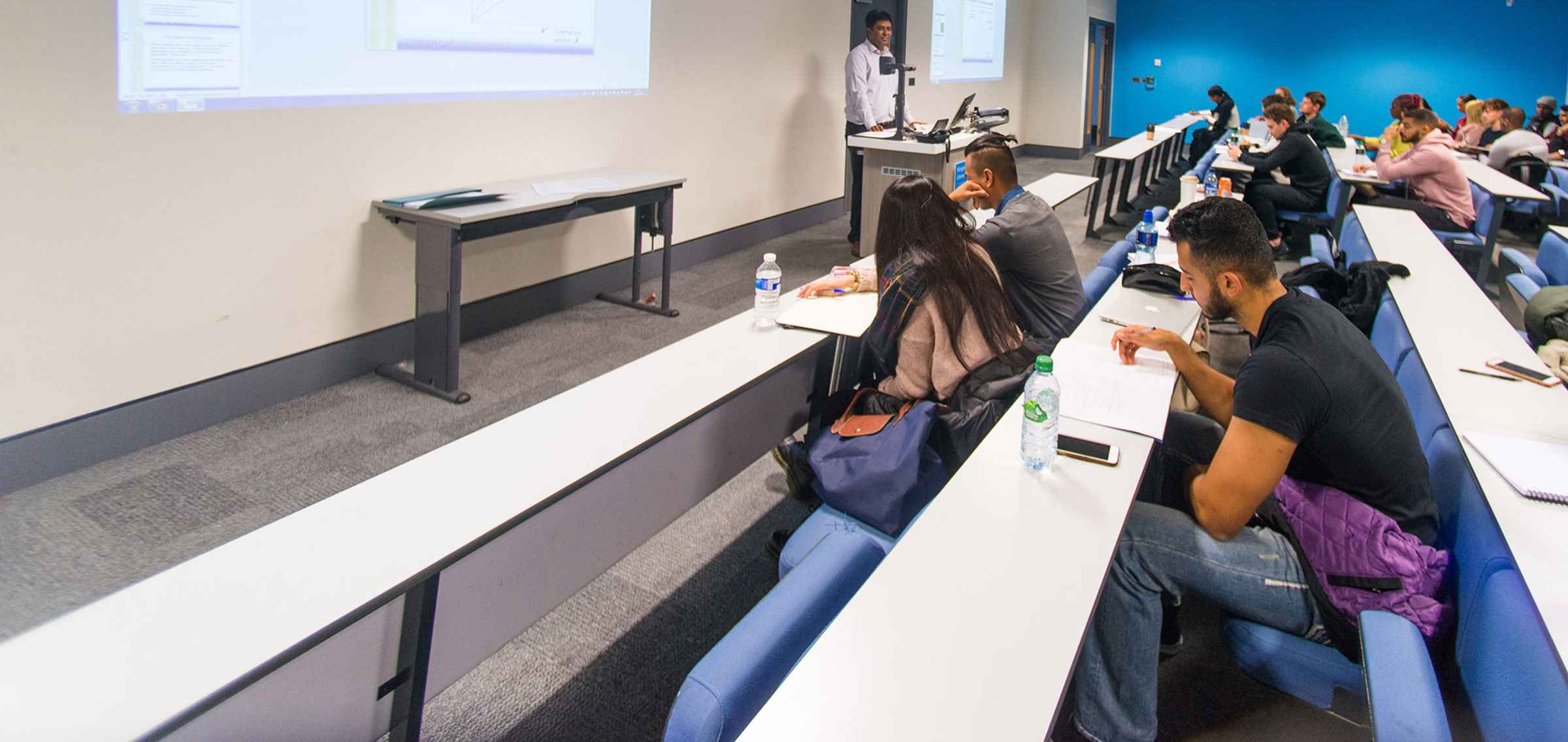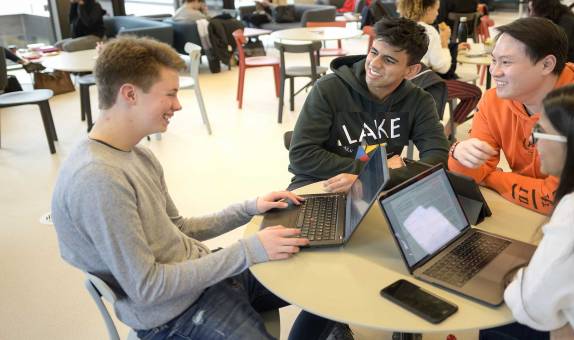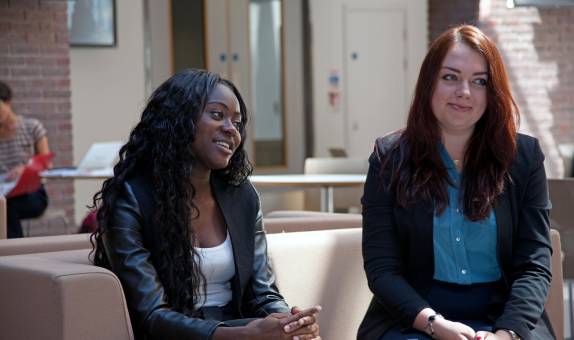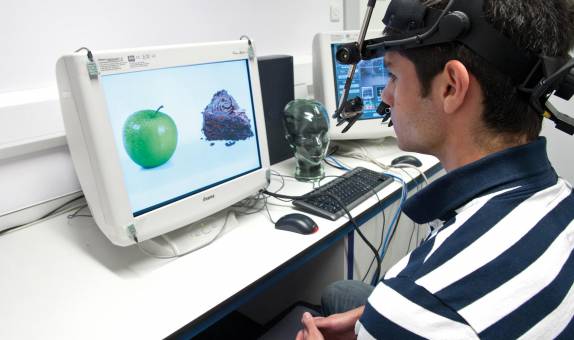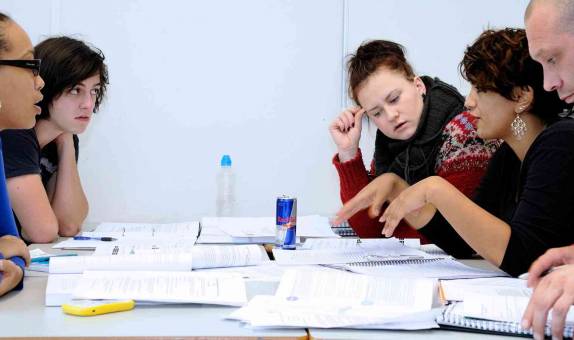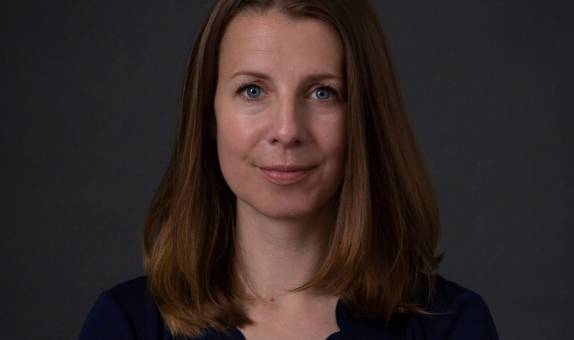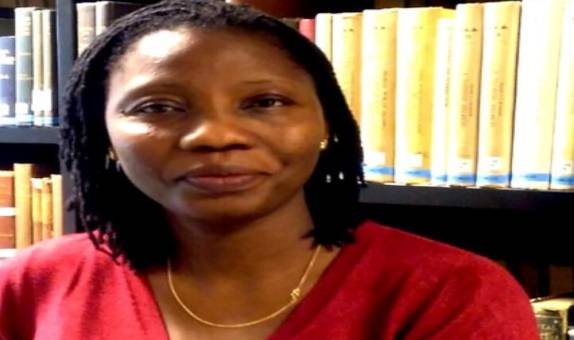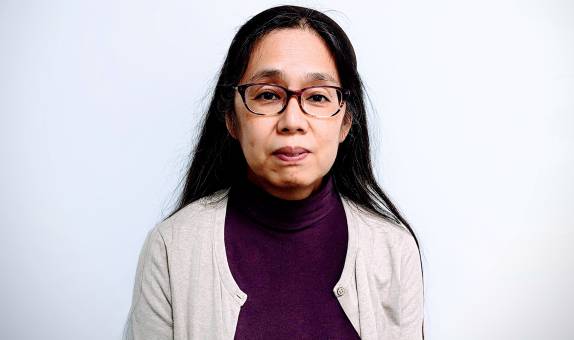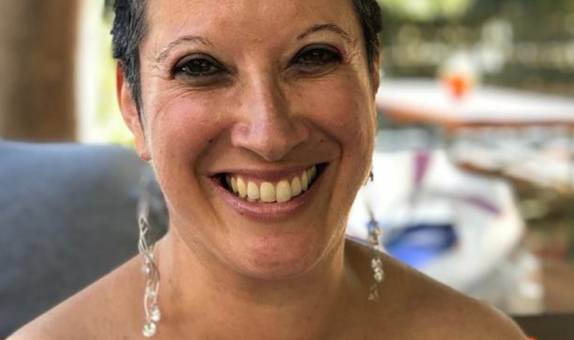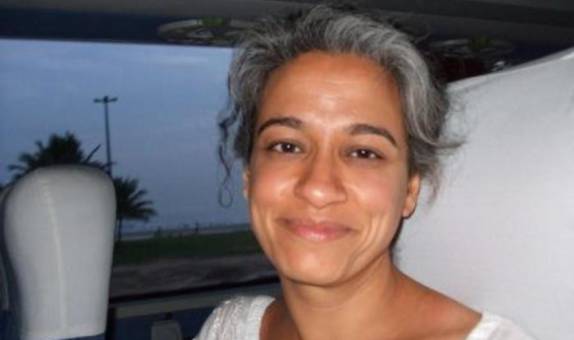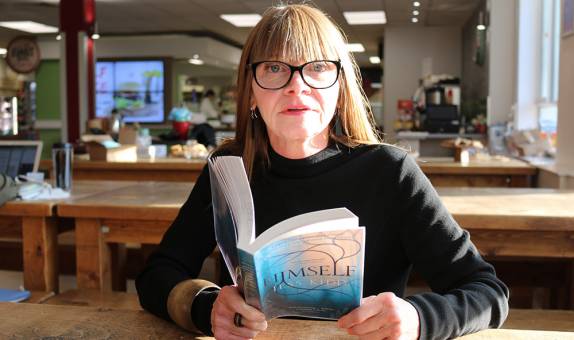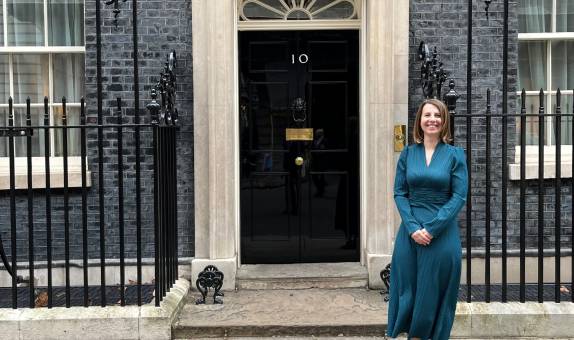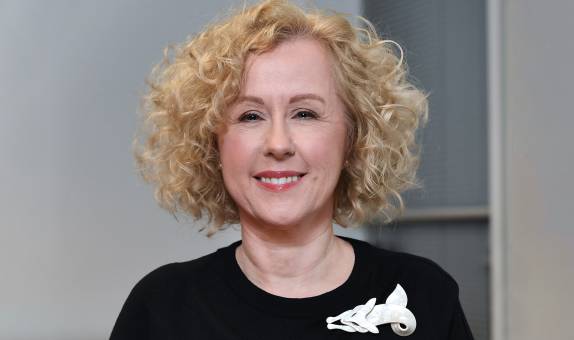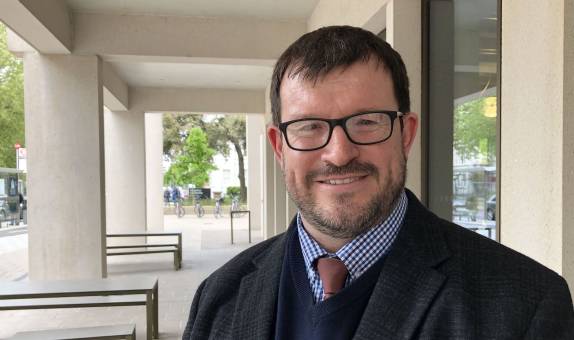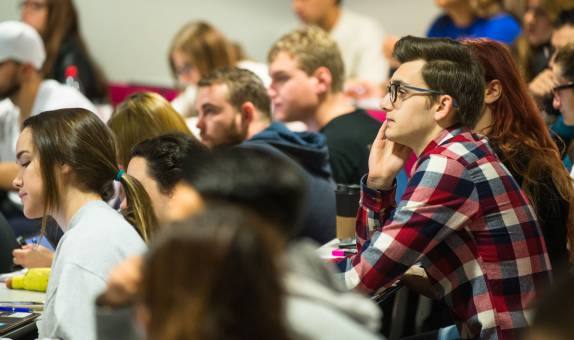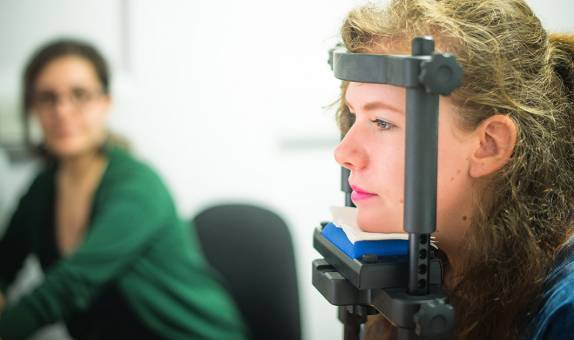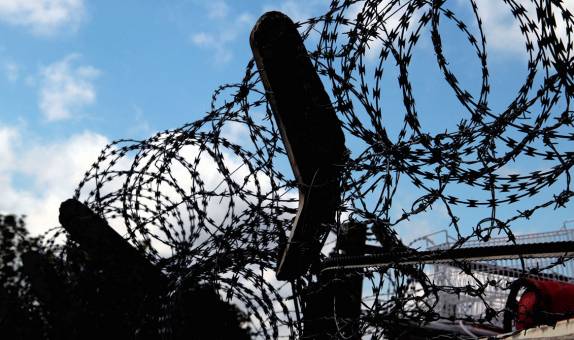Welcome to the Department of Criminology, Politics and Sociology
Explore your passion
By encouraging students to tailor their studies to their own particular interests, we aim to inspire confidence, independence and passion throughout the learning journey. We explore core themes and develop fundamental skills, helping students identify connections between personal experiences in day-to-day life with wider social, political, economic and cultural factors. We prepare our students to become informed and active members of a global society.
Real-world impact
We offer a unique student experience by combining classroom learning and research with real-world impact. Students discover how to conduct social research and contribute to the production of fresh knowledge and we bring the most up-to-date developments in our research fields to the classroom.
We prepare students for life after university by teaching skills that employers want – problem-solving, data analysis, critical thinking and reasoning – and open the door to a wide range of career opportunities.
Diversity
We welcome students from all ages and backgrounds. Programmes are accessible to all learners, whatever their background, schooling experience and learning style. Our programmes are designed and delivered by lecturers who are active researchers, experienced teachers and have professional practice backgrounds in areas such as social housing, homelessness, probation, and legal practice.
About the Department
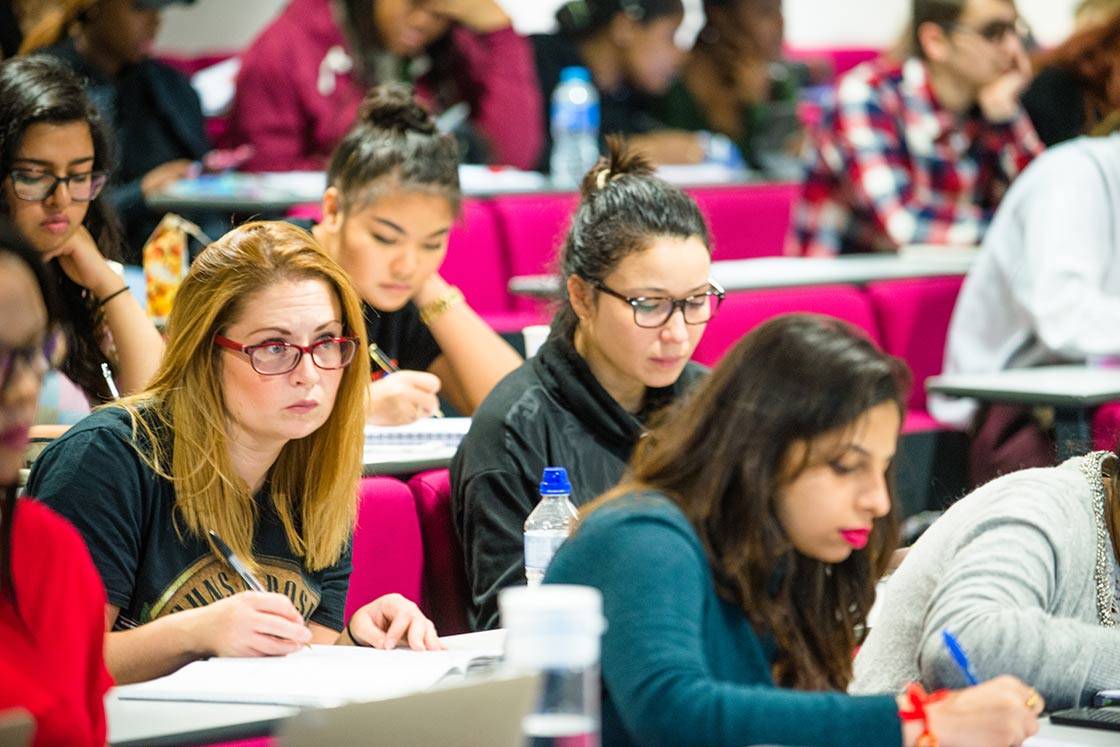
Criminology
Criminology is about the study of crime, crime control and criminalization of social ‘groups'. Fear of crime has a profound influence on our feelings of security and wellbeing, from ‘street-level' crime to global concerns about terrorism and cybercrime. Criminologists combine the study of society, politics, law, psychology and culture to understand offending behaviour and the peoples' responses to prohibited and harmful activity. Criminology also analyses the cultural representations of criminality. It investigates how this relates to constructions of social identity like class, race and ethnicity, gender, age and sexuality.

Politics
The global politics, international relations and human rights modules and postgraduate programmes are informed by our strong belief in inclusion, diversity, and freedom of thought. They present a variety of perspectives, both orthodox and critical, which encourage students to reach their own informed views through interactive lecturing and rigorous debates, and to share experiences and knowledge brought from their own countries, backgrounds and life experiences.
We have teaching and research expertise in area studies – including the Middle East, Latin America and the European Union – human rights and political violence, political theory, peace and conflict studies, and nationalism and foreign policy.
Our values reflect the diversity of our student body, the professional commitment of our academic staff members, and the learning environment that we foster. We are committed to representing and educating one of the most diverse student communities in the UK.
Sociology
Sociology is all about people and societies. It is concerned with how we influence one another as individuals and groups, and the ways in which wider social factors affect what we do and how we think. It explores questions about the nature of society, human relationships and behaviour, examining issues. It looks at issues around power and inequality, change and development, identity and culture. Sociology challenges our prejudices and assumptions.
Change the world: our courses
We offer a range of undergraduate and postgraduate programmes in criminology, politics and sociology, which can also be combined with subjects outside of the department. Students are taught in practical and interactive workshops, lectures, seminars and one-to-one supervision. In addition to your course tutors, you will also have a personal academic advisor to support you in your studies.
Undergraduate courses
The Department offers undergraduate programmes in criminology and in sociology. Students may take either subject as a single honours course or as a joint honours course in combination with a range of options from the faculty's modular scheme.
As an undergraduate you will have access to excellent library and computing facilities to help you with your studies.
You can also study a number of combined degrees.
Postgraduate courses
The Department offers postgraduate programmes in criminology.
All students receive training in research methods including the powerful statistics software package SPSS.
Initial enquiries concerning PhD proposals should be sent to the Associate Dean, Research & Enterprise, Philip Terry.
Research, impact and social enterprise
The Department is proud to be research active: responding innovatively to market demands as they emerge; supporting our mission for real-world impact; and enriching undergraduate and postgraduate study.
Our academics promote and support projects that respond to contemporary social problems, collaborating with organisations all over the world to explore social enterprise activities. Our partners include governmental departments, policing and criminal justice institutions, community groups, voluntary sector organisations, and homelessness, social care and health agencies.
Our research has been funded by the European Social Research Council, the Arts and Humanities Research Council, the European Commission (including COST, European Cooperation in Science and Technology), the National Lottery Commission, the Home Office, Spurgeon's and the Royal United Services Institute, amongst others.
We have a strong track record of engaging with wide-ranging stakeholders through the use of online and social media, conference and workshop activities, discussions and debates, publications, and participating in advisory boards, steering groups, policy-making forums and other professional networks.
CResCID
Our dedicated Centre for Research in Communities, Identities and Difference (CResCID) offers innovative responses to contemporary social problems. Its mission is to produce strategic knowledge relevant to global problems by fostering multi-disciplinary research on social justice and how adversity impacts on individuals and their communities, and has established an international reputation for original research and policy-relevant knowledge.
Research hubs
Our departmental research expertise is organised into different dedicated hubs which enable social enterprise and impact activities.
Research degree opportunities
We offer a range of interdisciplinary research subjects, all of which are led by academic staff with expertise in criminological and sociological disciplines.
To apply, please ensure you select the exact qualification, start date and mode of attendance. Initial enquiries concerning PhD proposals should be sent to the Associate Dean, Research & Enterprise, Philip Terry.
Staff in the department
News and activities
Events
If there are no department-specific events listed here, please do check for University-wide events.
Contact us
- Head of Department of Criminology, Politics and Sociology: Professor Marisa Silvestri
- Contact the Course Administration team
